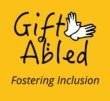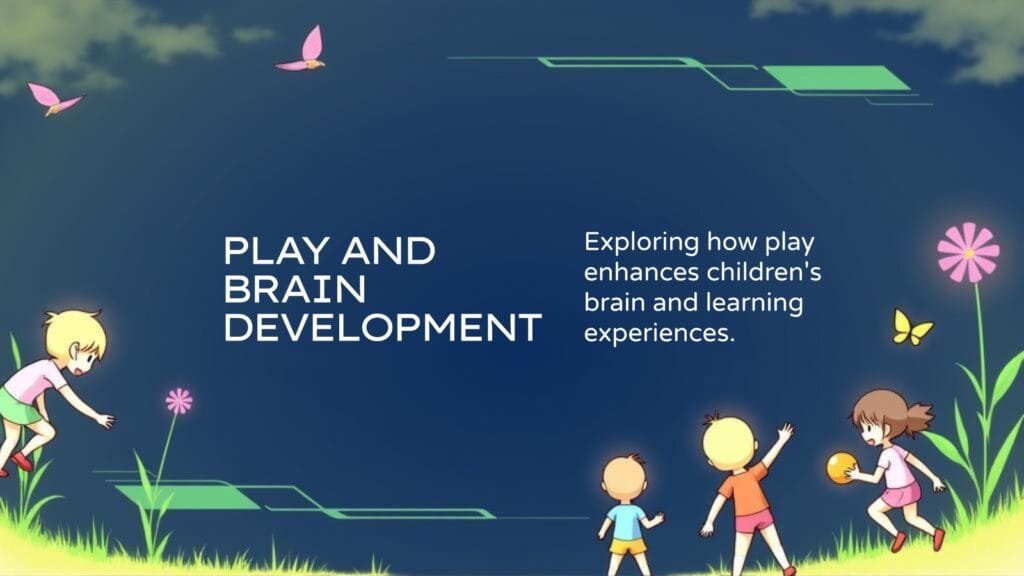Let us play our part, and let them play theirs.
Join us in this meaningful journey towards a society where everyone is included. Together, we can unlock opportunities and build a future where everyone has equal access and the chance to thrive.
To register with us for Workshops, visit the link: https://giftabled.sg/contact-us/
1. Physical Play (Active Play)
Running, jumping, dancing, or riding a tricycle—these activities develop motor skills, coordination, and even self-regulation. They also reduce stress, which is essential for healthy brain development.
2. Pretend Play (Imaginative Play)
Whether a child is pretending to be a teacher, a superhero, or a doctor, they are learning empathy, narrative thinking, and executive function skills like planning and flexibility.
3. Constructive Play
Building with blocks, puzzles, or crafts improves fine motor control, spatial awareness, and problem-solving skills.
4. Social Play
Games involving rules or interaction with peers teach negotiation, collaboration, and emotional intelligence—skills that are foundational for lifelong success.
Play and Neurodiverse Children
At GiftAbled’s Child Development Center, we see how play therapy and structured play activities help children with developmental delays or disabilities thrive. Play is adaptable—it meets the child where they are. For children with autism, for example, structured social play can help build communication skills. For children with ADHD, physical play provides a natural outlet for energy while enhancing focus.
What Parents Can Do
Here’s how parents and caregivers can support brain development through play:
- Make time for unstructured play daily: this is where creativity blossoms.
- Follow the child’s lead. Let them decide how and what to play.
- Join in the play. Your presence and interaction add depth and joy to the experience.
- Limit screen time. Nothing can replace the brain-building power of physical and imaginative play.
Final Thoughts
Play is not a break from learning, it is learning. It’s the language of childhood and the foundation for cognitive, emotional, and social growth. As adults, our role is to protect this essential part of childhood and ensure every child, regardless of their ability, gets the opportunity to play, explore, and grow.
Let us play our part, and let them play theirs.
Join us in this meaningful journey towards a society where everyone is included. Together, we can unlock opportunities and build a future where everyone has equal access and the chance to thrive.
To register with us for Workshops, visit the link: https://giftabled.sg/contact-us/
As a child development professional working closely with children of varied abilities, I can say this with confidence: play is not a luxury,it is a necessity. It’s not just about fun and games. Play is a child’s most natural and powerful tool for learning. It’s how they explore their environment, interact with others, and build the foundation for critical cognitive and emotional development.
In fact, neuroscience confirms what many educators and therapists have known intuitively for decades, play is directly linked to brain development.
What Happens in the Brain During Play?
When a child plays, multiple areas of the brain are engaged. For example:
- The prefrontal cortex, responsible for decision-making and social behavior, is activated during role-playing and imagination games.
- The cerebellum, essential for coordination and motor skills, is exercised during physical play like climbing, jumping, or even stacking blocks.
- The hippocampus, vital for memory and learning, is stimulated during exploratory play or games with rules.
Play helps create and strengthen neural pathways—the connections between brain cells—that support learning, emotional regulation, problem-solving, and language development.
Types of Play and Their Impact
1. Physical Play (Active Play)
Running, jumping, dancing, or riding a tricycle—these activities develop motor skills, coordination, and even self-regulation. They also reduce stress, which is essential for healthy brain development.
2. Pretend Play (Imaginative Play)
Whether a child is pretending to be a teacher, a superhero, or a doctor, they are learning empathy, narrative thinking, and executive function skills like planning and flexibility.
3. Constructive Play
Building with blocks, puzzles, or crafts improves fine motor control, spatial awareness, and problem-solving skills.
4. Social Play
Games involving rules or interaction with peers teach negotiation, collaboration, and emotional intelligence—skills that are foundational for lifelong success.
Play and Neurodiverse Children
At GiftAbled’s Child Development Center, we see how play therapy and structured play activities help children with developmental delays or disabilities thrive. Play is adaptable—it meets the child where they are. For children with autism, for example, structured social play can help build communication skills. For children with ADHD, physical play provides a natural outlet for energy while enhancing focus.
What Parents Can Do
Here’s how parents and caregivers can support brain development through play:
- Make time for unstructured play daily: this is where creativity blossoms.
- Follow the child’s lead. Let them decide how and what to play.
- Join in the play. Your presence and interaction add depth and joy to the experience.
- Limit screen time. Nothing can replace the brain-building power of physical and imaginative play.
Final Thoughts
Play is not a break from learning, it is learning. It’s the language of childhood and the foundation for cognitive, emotional, and social growth. As adults, our role is to protect this essential part of childhood and ensure every child, regardless of their ability, gets the opportunity to play, explore, and grow.
Let us play our part, and let them play theirs.
Join us in this meaningful journey towards a society where everyone is included. Together, we can unlock opportunities and build a future where everyone has equal access and the chance to thrive.
To register with us for Workshops, visit the link: https://giftabled.sg/contact-us/

